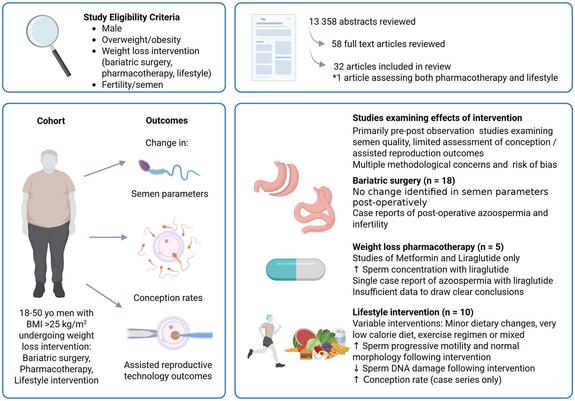2025-12-09 14:22:49
Looks like the AI4LAM community has entirely abandoned twitter - not a single FF2025 tweet that I could see (having finally remembered that you can search with sites like xcancel)
2026-01-08 12:28:05
Meinen Geburtstag feiere ich in Gesellschaft. Doch immer wieder ist es so, dass ich die letzten Stunden allein verbringe. Mir ist aufgefallen, dass ich die Zeit vor Mitternacht besonders genieße: Wenn im Wellnessbereich nur noch wenige Leute vor sich hindösen und ich ein schönes Buch lese. Wenn ich allein im stimmungsvollen Innenpool schwimme. Wenn ich durch die erleuchtete HafenCity in klirrender Kälte spaziere.
Wenn die Welt zur Ruhe kommt und ich ihr dabei zusehe - dann ist es am s…
2025-12-06 12:43:08
You see a detective on the TV and he’s interviewing all the suspects asking them what they were doing on the night of the murder a month ago last Tuesday night.
And on the TV, the suspects all know. Right away.
If you asked me ten years ago though, I’d have had barely any clue. If you’re lucky it’d have been something planned in my calendar but mostly, dunno. Watching TV maybe? No idea what show. Was that a night I was in the pub?
As we all get older this problem increases I’m told. Eventually full on senility sets in.
But what if you have already built the habit to record what you’re doing? To be able to look back and revise and review how you spent your days? An external aid as a crutch to your own forgetful brain’s cortex?
So I started this Exocortex Log over a decade ago and now I can answer: Ten years ago on Tuesday I was having dinner with the guitarist from my band and his girlfriend and they burned the pudding.
The app has been half finished and barely able to even record let alone review for most of that time, but now it’s ready enough that someone else might use it too if they want.
Try it out: #lifeLog #app #memoryAid
2025-12-15 18:41:28
Why did Josh Allen throw up on sideline against Patriots? Bills QB says it 'basically happens every game'
https://www.cbssports.com/nfl/news/buffalo-bills-josh-allen-qb-throw-up-ga…
2025-11-25 20:35:43
Trump's pardon of Rudi Guilliani
could wind up having a huge effect on election conspirators like Matthew Alan Laiss,
who is accused of voting in both Pennsylvania and Florida in the 2020 election.
According to a federal indictment handed down in September,
Laiss moved from Pennsylvania to Florida in August of 2020 and voted first with a mail-in ballot in Pennsylvania and then in person in Florida on election day.
Both votes were for Trump, Laiss’ lawyers …
2025-11-20 20:51:49
A century of glaciers melting, condensed into a few seconds. Impressive video: https://www.instagram.com/reel/DQWfDRejcPw/?igsh=Zm51d2Qzb2xtNHM4
2025-11-18 23:00:39
⚖️ Weight loss alone not enough to boost men's fertility
#medicine <…
2025-12-26 09:58:13
Ella Baron on AI at Christmas – cartoon https://www.theguardian.com/commentisfree/picture/2025/dec/23/ella-baron-ai-at-christmas-chatgpt-cartoon?CMP=Share_iOSApp_Other
2025-10-11 14:59:36
Having some apps now liquid ass and some using the old design—the old design is much clearer and much less intrusive and much more “leave the content alone”

